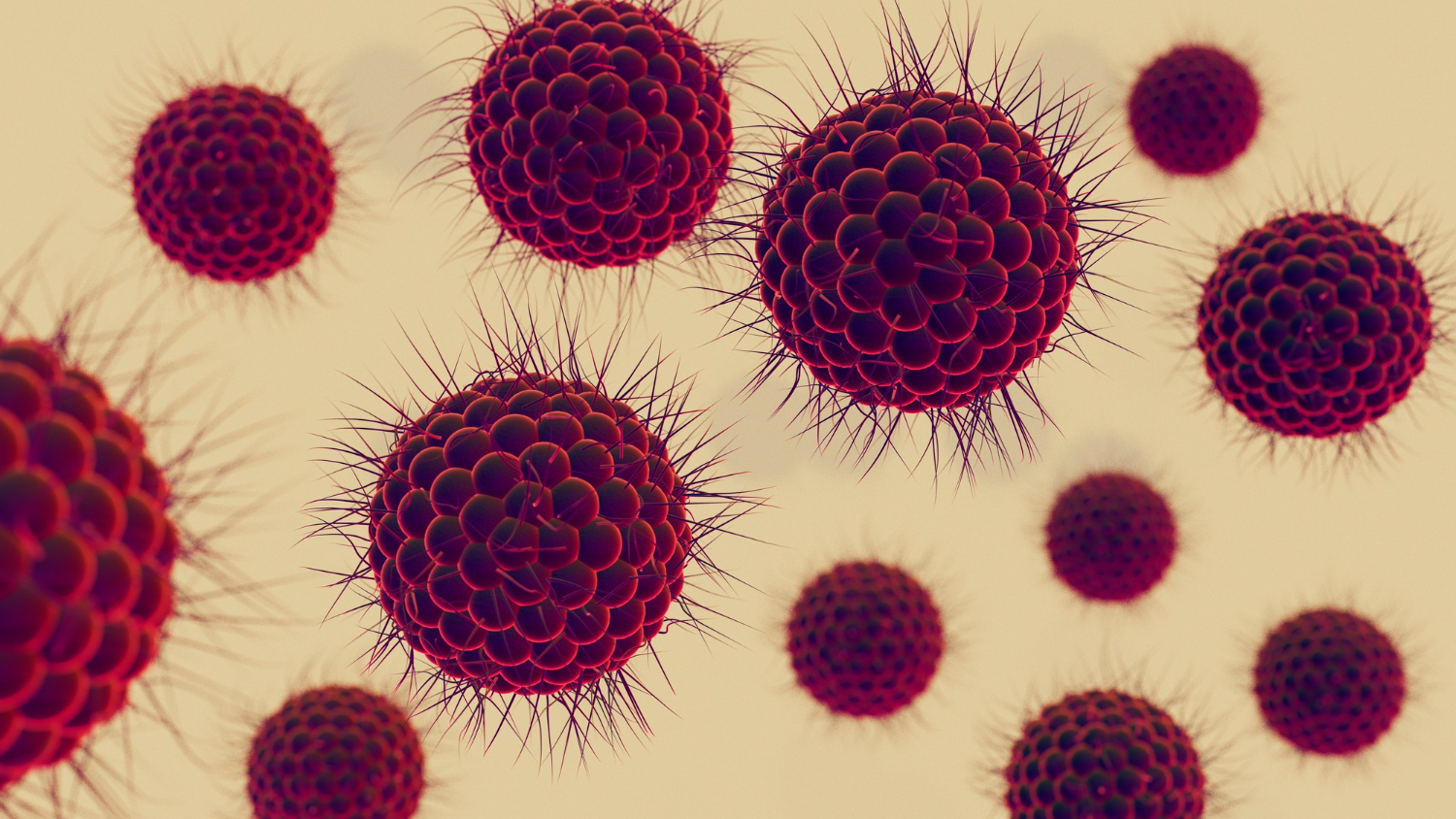KEY TAKEAWAYS
- The MIRO phase II trial aimed to assess the efficacy of ofatumumab in supplementation with involved-field radiotherapy in pts with MRD-positive stage I or II FL.
- The study found the radiotherapy insufficient; MRD-driven anti-CD20 therapy achieves remission, and lowers relapse, suggesting clinical advantage.
Early-stage follicular lymphoma (FL) is typically treated with local radiotherapy, supplemented by anti-CD20 monoclonal antibodies (mAbs) in some cases. These treatments target achieving disease control and improve patient outcomes.
While the treatment evaluation and effectiveness remain challenging. A measurable residual disease (MRD)-driven approach offers a promising strategy by assessing minimal disease levels post-treatment. This method allows for more precise monitoring of treatment response and may inform personalized treatment decisions, potentially enhancing therapeutic outcomes in patients (pts) with early-stage FL.
Alessandro Pulsoni and the team aimed to evaluate the efficacy of the addition of ofatumumab to involved-field radiotherapy in newly diagnosed, histologically confirmed pts with stage I or II FL who remained MRD-positive post-radiotherapy.
Researchers conducted a prospective, multicentre, phase 2 trial across 27 centers of the Fondazione Italiana Linfomi (FL) in Italy. Adults aged 18 years and older with newly diagnosed, histologically confirmed FL (stage I or II; grade I-IIIa) were enrolled in the study.
Patients underwent initial treatment with 24 Gy involved-field radiotherapy administered over 12 days. Those who remained MRD-positive after radiotherapy or during follow-up subsequently received 8 intravenous doses of the anti-CD20 monoclonal antibody ofatumumab (1000 mg per dose, once weekly).
The primary objective was to evaluate the proportion of pts who transitioned from MRD-positive status after radiotherapy to MRD-negative status following ofatumumab treatment. Eligibility for inclusion in the primary analysis required initial positivity for BCL2::IGH rearrangement in peripheral blood or bone marrow samples.
MRD positivity was defined by the persistent presence of BCL2::IGH rearrangement, assessed centrally by laboratories within the FL MRD Network.
Results revealed that between May 2, 2015, and June 1, 2018, total 110 pts were enrolled in the study, with 106 (96%) deemed eligible and receiving involved-field radiotherapy. The majority of participants were White (105, 99%), with 1 (1%) identified as Black. There were 50 (47%) male and 56 (53%) female participants.
Among the 105 pts with evaluable BCL2::IGH status, 32 (30%) had detectable BCL2::IGH rearrangement at baseline. Following radiotherapy, 12 out of 30 pts (40%) achieved MRD-negative status, and in 3 of these pts (25%), this status was sustained for at least 36 to 42 months.
Those pts who remained MRD-positive post-radiotherapy, ofatumumab treatment induced MRD-negativity in 23 out of 25 evaluable pts (92%; 95% CI 74-99). After a median follow-up of 46.1 months (IQR 42.8-50.8), 14 out of these 23 pts (61%) maintained complete response and MRD negativity. The most frequent grade 3-4 adverse events were infusion-related reactions, occurring in 4 pts.
The results demonstrated the promising efficacy of ofatumumab in achieving MRD-negative status in pts who remained MRD-positive after radiotherapy. Long-term follow-up indicates durable responses in a significant proportion of pts, highlighting the potential of this combination therapy approach in early-stage FL.
The study concluded that local radiotherapy alone frequently failed to eradicate FL, completely. However, an MRD-driven approach using anti-CD20 monoclonal antibody consolidation therapy effectively achieved molecular remission in nearly all pts studied. This strategy was further associated with a lower incidence of relapse over time, suggesting a clinical advantage to using MRD-driven consolidation therapy in the treatment of early-stage FL.
The study was funded by the AIRC Foundation for Cancer Research in Italy, the Novartis International, and the GlaxoSmithKline, and the trial was sponsored by the FONDAZIONE ITALIANA LINFOMI ONLUS.
Source: https://pubmed.ncbi.nlm.nih.gov/38937025/
Clinical Trial: https://www.clinicaltrialsregister.eu/ctr-search/search?query=2012-001676-11
Pulsoni A., Ferrero S., Tosti M.E., et al. (2024). “Local radiotherapy and measurable residual disease-driven immunotherapy in patients with early-stage follicular lymphoma (FL MIRO): final results of a prospective, multicentre, phase 2 trial.” Lancet Haematol. 2024 Jul;11(7):e499-e509. doi: 10.1016/S2352-3026(24)00143-1. PMID: 38937025.



